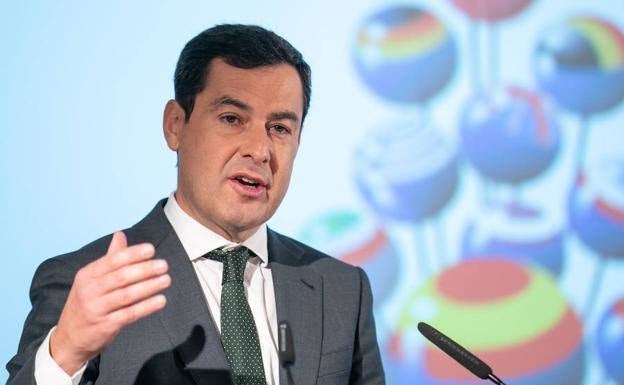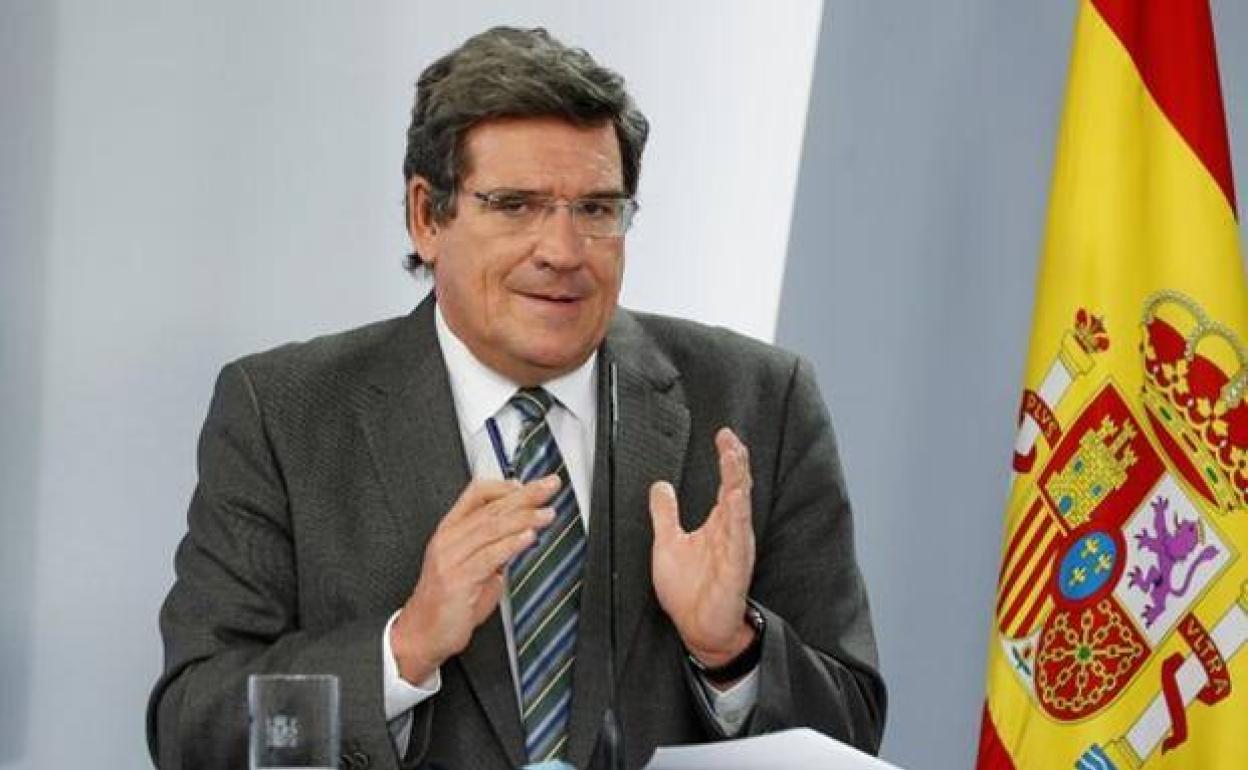Taxation should be centralised to stop regions competing with each other, says Spain's Social Security Minister
José Luis Escrivá believes it is regressive to abolish wealth tax as Andalucía and Madrid have just done and believes the country would be better following the "more refined" Australian model instead
Lucía Palacios
Madrid
Wednesday, 21 September 2022, 10:10
Spain’s Minister for Social Security, José Luis Escrivá, has caused eyebrows to be raised by suggesting that regional governments should not be allowed to manage certain taxes and fiscal matters should be centralised.
In a radio interview which covered issues such as a cap on food prices and fixed-term employment contracts, he suddenly changed the subject to “something you haven’t asked me about, but I was very surprised to learn,” which was the announcement by the president of the Junta de Andalucía, Juanma Moreno, that wealth tax in the region was to be abolished with effect from today, Wednesday 21 September. This was done first by the region of Madrid, and Escrivá said he considers the measure “totally regressive” and that it comes at a time when redistributive policies are needed to protect the most vulnerable families from the effects of inflation.
Noticia Relacionada
Wealth tax in Andalucía to be scrapped from Wednesday this week
“I think it absurd that regions should compete with each other on fiscal matters, he said. “What they need to do is concentrate on improving their health, education and dependency services, I have never understood this competition with regard to taxes.”
Escrivá also praised the Australian method, which assigns resources to each region in accordance with their effective spending per capita for each public service they provide.
“That is a much more refined model. Here in Spain we have this transfer of taxation powers and it is very traditional but I personally don’t like it and it creates undesirable situations like the one we are seeing at the moment,” he said.
Windfall tax on electricity companies
He also agrees with the European Commission that the extraordinary profits of electricity companies should be taxed, rather than their overall income, which is what the Spanish government wants to do in order to increase revenue.
“I believe Ursula Von der Leyen’s tax will have been analysed in detail by the Commission and if they have decided on that option, it must be because it is the best one in the European context,” he said.
He also said he was opposed to the measure suggested by Unidas Podemos to cap mortgage payments for vulnerable families, and he was very clear about that: “That can’t be done, because it would neutralise the effects of monetary policy,” he explained.

